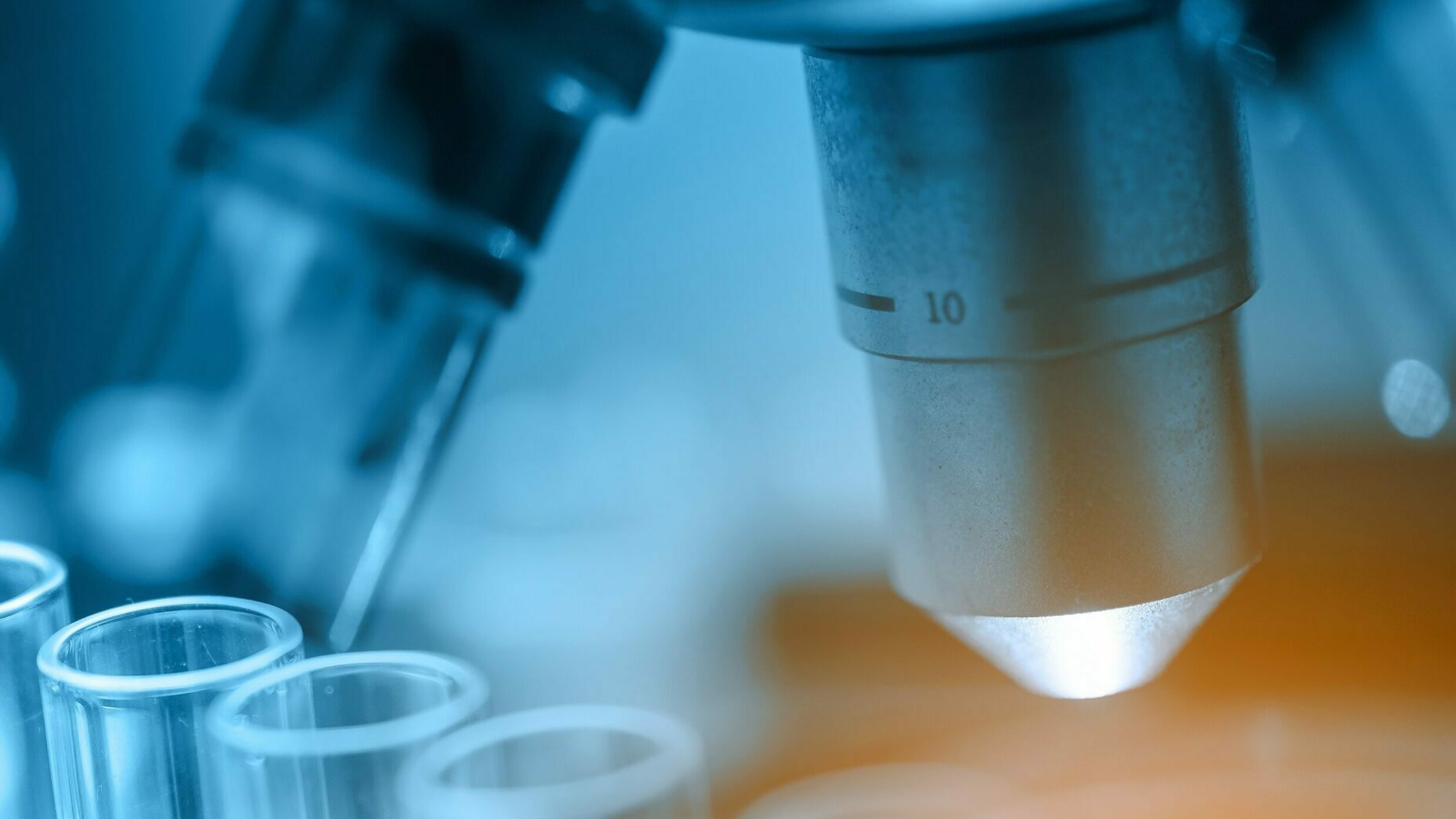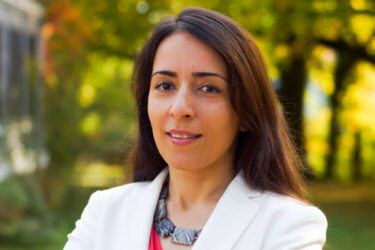Read next
Portrait Narges Ahmidi
»Being surrounded with dedicated smart people is rewarding«
Striving for excellence in scientific research on trustworthy Artificial Intelligence (AI), Dr. Narges Ahmidi also aims to encourage young female scientists to enter science and become leaders.



© iStock/totojang
Dr. Narges Ahmidi is the Fraunhofer IKS Head of the Department of Reasoned AI Decisions. In parallel, she holds an adjunct faculty position at the Johns Hopkins University (JHU) Malone Center for Engineering in Healthcare as well as a group leader position at the Helmholtz Munich Computational Health Center. Her research focus is on trustworthy Artificial Intelligence (AI) Intelligence (AI), especially on causally-informed predictive models, reliable decision support for both humans and AI, and validation metrics geared towards expert user expectations.
Enthusiasm and path in science
Striving for excellence in scientific research, Narges aims to inspire young female scientists to follow their interests, enter science, and become thought leaders and policy makers. Science always fascinated her. It is based in fact, and statements need the backing of sufficient and convincing evidence. This process requires rigorous analysis and knowledge, with experts working together in close collaboration.
During high school in her hometown of Tehran, Iran, she discovered her interest in computers and chose to study computer science in university. Later, she majored in Computer Engineering and AI during her masters studies at Tehran Polytechnic University. Following up with PhD studies in Artificial Intelligence and medical robotics at the Johns Hopkins University (JHU), USA was the perfect combination of science, engineering, and societal impact for her.
After graduation, Narges Ahmidi founded and directed the »AI for Patient Diagnosis and Treatment« research laboratory at the Helmholtz Munich Computational Health Center. She then joined the Fraunhofer IKS as Head of the Department of Reasoned AI Decisions. In parallel, she holds an adjunct faculty position at the JHU Malone Center for Engineering in Healthcare and a group leader position at Helmholtz.
In her recent online seminar »Safe Intelligence for Laboratories«, she described AI as »prediction magic«. AI can predict future events, support doctors in decision making, and can diagnose complicated diseases before the onset of severe symptoms, leading healthcare towards a digital transformation.

Dr. Narges Ahmidi: »I want to encourage young female scientists to enter science and become leaders.«
Her dream as a child was to help humans from all nations and to change the entire world as the Head of the United Nations. Today, she realizes this dream by advancing medical knowledge and educating younger scientists. The creativity and excitement of solving tough problems while improving quality of life are just part of what makes her appreciate doing research at Fraunhofer: »The highest reward is that we are surrounded with dedicated smart people«, Narges says.
Gender equality in science
Ahmidi cares deeply about gender equality in science. As a female scientist, she has experienced discrimination time and again. Like other women, she had to fight harder for her place in science. She believes that achieving gender equality is a supremely difficult and never-ending task, for which the focus of society has to shift from prizing efficiency to valuing the dignity and rights of all people.
She always encourages junior female scientists to increase their academic visibility, to establish networks, to be present at the relevant conferences, and to stand confidently by their own scientific achievements. »I am glad to see positive change nowadays in society, and yet there is still a long way to go«, she says
The impact of COVID-19
For female scientists, the COVID-19 lockdown became a big challenge, especially for those with families. According to »Nature«, the massive workload increase in the face of limited childcare facilities caused female scientists to publish less, attend fewer conferences, apply for fewer grants, and invest less time in their research overall. Already fragile progress on diversity in science is faltering as a result.
Other than the impact on females, Ahmidi said, COVID-19 generally hit junior scientists the hardest. In what should be a golden time to build networks and interact with other experts in their respective fields, the lockdowns made face-to-face scientific and networking events impossible, and thus a whole generation of young scientists was cut off from intellectual exchange at a crucial time in their careers.
On the other side, Ahmidi also pointed out that COVID-19 brought positive effects. Many realized that it is possible to align climate action
with their professional and daily lives. For example, travel all over
the world just to attend a meeting is a thing of the past; as are
hours-long commutes when work-from-home is just as productive as
presentism in the office. A new, efficient, and climate-friendly working
style is fast becoming the norm.
Motivation in life
Another essential source of energy for her are undoubtedly her family and friends. She is very grateful for their support all the way. She has two young children, and she cherishes every opportunity to spend time with them.


